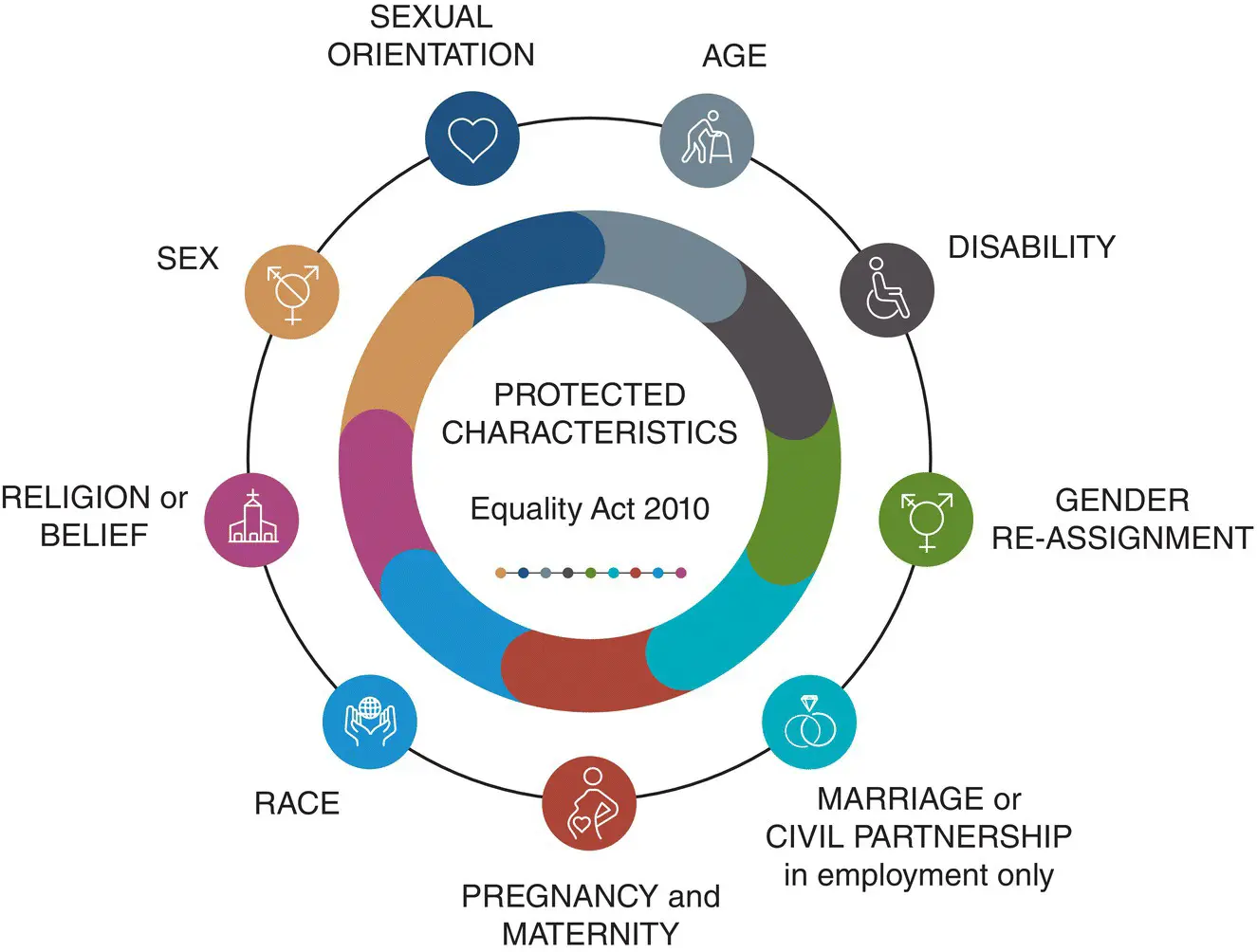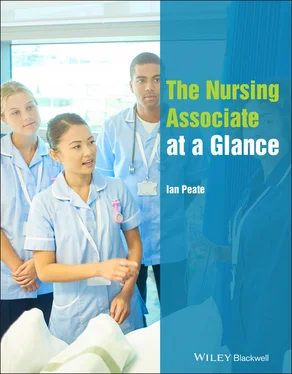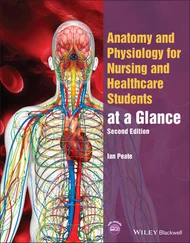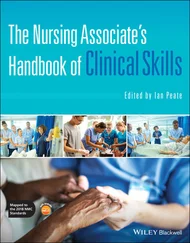Ethics comes from people’s awareness of what is right and what is wrong. The Code, for example, is enshrined in ethics (see Chapter 1). Laws however, are written and approved by governments. Ethics can vary from person to person as different people can have different opinions on a particular issue. Laws describe what is illegal regardless of the different opinions people might have. In general, ethics are not well defined; however, laws are defined and precise.
Governance requirements are usually in the form of policies, protocols, standards, guidance and procedures (see Table 2.1). Clinical governance activities can help to maintain and improve high standards of patient care.
At the point of registration, the Nursing Associate will be able to:understand the importance of courage and transparency and apply the Duty of Candour, recognising and reporting any situations, behaviours or errors that could result in poor care outcomes.

Figure 3.1 The duty of candour.
Box 3.1Six criteria laid out in law that have to be met for a whistleblowing concern.
1 The person raising the concern is a ‘worker’ (includes employees, agency workers, trainees, volunteers, trainee Nursing Associates, student nurses and student midwives).
2 The person raising the concern must believe they are acting in the public interest.
3 The person raising the concern must believe that it shows past, present or likely future wrongdoing.
4 The person raising the concern must believe that the matter falls within a regulatory remit.
5 The person raising the concern must believe that the information they disclose is true.
6 In raising the concern, the individual must not themselves be committing an offence.
Table 3.1 The 6Cs.
| Courage |
Being courageous enables the Nursing Associate to do the right thing for the people we care for, to speak up when there are concerns and to respect the Duty of Candour. |
| Communication |
Central to successful caring relationships is communication, caring relationships and effective teamwork. |
| Commitment |
The foundation of successful caring relationships is commitment to patients and communities. |
| Competence |
Being competent means that the Nursing Associate must have the ability to understand an individual’s health and social needs. |
| Compassion |
Compassion can be explained as intelligent kindness and is central to how people perceive their care. |
| Care |
Caring defines the Nursing Associate. Those receiving care expect it to be right for them throughout every stage of their life. |
The Duty of Candour is the legal duty to be open and honest when things go wrong. The Nursing Associate has a statutory and professional duty to be open and candid with patients about any errors in their care and treatment.
Any culture of secrecy or cover‐up in healthcare must be challenged. This has led to a focus on making candour in healthcare mandatory. The definition of Candour by the Professional Standards Authority means being honest when something goes wrong. When health and care systems are open, transparent and honest, there are many benefits for the care and treatment of people. The Nursing Associate has a professional duty of candour under the Code, and a statutory duty applies to organisations also. When organisations fail to adhere to this duty, they run the risk of criminal sanctions. One aspect of the duty is to report back to the patient or relatives if there has been any unintended or unexpected incident that could result in, or appears to have resulted in the death of the patient or severe harm, moderate harm or prolonged psychological harm to the patient; these are known as notifiable safety incidents. The duty of candour is all encompassing and impacts widely ( Figure 3.1).
The Nursing Associate must be open and honest with patients when something has gone wrong with their treatment or care, or if it has the potential to cause, harm or distress. This means that the patient (or advocate, carer or family, where appropriate) must be told when something has gone wrong, an apology must be given to the patient (or, where appropriate, the patient’s advocate, carer or family), if possible an appropriate remedy or support offered to put things right. When an apology is made this does not mean that the practitioner is accepting legal liability for what has occurred, nor that the practitioner is accepting any personal responsibility for the mistakes of others or for systemic failings. The patient must be offered a full explanation of the short and long term effects of what has happened.
As well as being open and honest with patients, the Nursing Associate has to be open and honest with their colleagues, employers and appropriate organisations as well assisting with and taking part in any reviews and investigations when asked. There is also a requirement to be open and honest with the NMC, raising any concerns where appropriate and not preventing someone from raising concerns.
As a Nursing Associate, the Code requires that you are open and honest with patients, colleagues and your employer. The obligation to be open and honest, the professional duty of candour, can sometimes be difficult for Nursing Associates and other health and social care professionals to do for a variety of reasons, nevertheless there is an expectation that they be candid. It is unacceptable that health and social professionals do not tell the truth when a patient has been harmed, be this by withholding or misrepresenting the facts.
Whistleblowing is when an individual reports workplace concerns about unsafe care or wrongdoing, it is not the same as a Duty of Candour but, there is an overlap. The law sets out several criteria that must be met for raising concerns to qualify as whistleblowing (see Box 3.1).
If all of the conditions in Box 3.1are met, the person blowing the whistle enjoys legal protection to prevent them suffering any retaliation from their employer because of what they have done.
Challenges to the Duty of Candour
The workplace culture in which a Nursing Associate practises can influence candour towards patients. Environments that have an ethos of openness are more conducive to being open and honest with patients. Organisations where a blame culture, or a culture of defensiveness exist, are not environments in which the professional duty of candour will thrive.
Whilst achieving zero harm, is aspirational, it may, in reality be unachievable. Given that proposition, what needs to be put in place is to improve the responses made when harm occurs. Robust governance that would include incident reporting, audit, development of protocols and multidisciplinary education must be seen as central to any change in cultural.
The Duty of Candour requires moral courage, integrity, resilience and support. Courage is one of the 6Cs (see Table 3.1).
4 Non‐discriminatory behaviour
At the point of registration, the Nursing Associate will be able to:demonstrate an understanding of, and the ability to, challenge or report discriminatory behaviour.
Читать дальше













